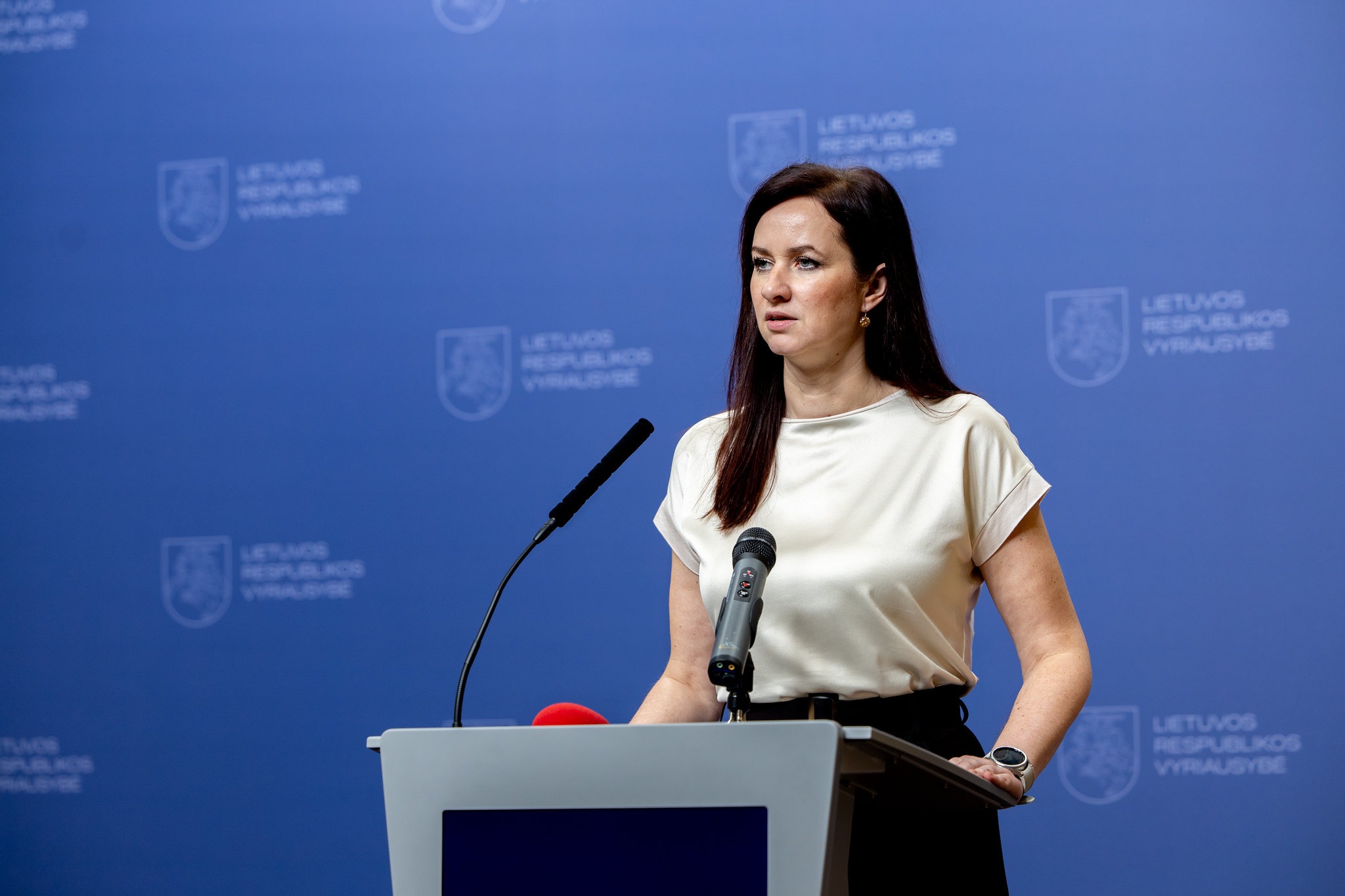
Main narratives:
- Russophobia is on the rise in Estonia;
- Anti-government sentiments;
- Discrimination against Russian speakers and Orthodox believers.
Overview:
Last week, the Estonian parliament amended the constitution to deprive third-country nationals living in Estonia of the right to vote in local elections. In addition, stateless persons will also lose their right to vote from the next elections. This decision has sparked some controversy on several fronts, with pro-Kremlin commentators on social media spreading disinformation about waves of discrimination against Russian-speaking people in Estonia. They argued that the amendment discriminates against long-term residents who have contributed to Estonian society but do not have EU or Estonian citizenship. They also claimed that these people, including many Russian and Belarusian citizens, will be unfairly excluded from participating in local governance. Supporters of the amendment argued that it is necessary to ensure that only those who share Estonia’s democratic values and security interests influence local politics. Another point of contention is the inclusion of stateless persons, often holders of so-called ‘grey passports’, in the disenfranchisement. While they will retain the right to vote in the upcoming elections, they will be disenfranchised thereafter. Some politicians believe this measure is unfair because it lumps all stateless people together, regardless of their personal views or contributions. They suggest that a more flexible approach could mitigate the potential alienation of these communities.
The Estonian Parliament successfully passed the second reading of amendments to the Law on Churches and Congregations, requiring the Russian Orthodox Church in Estonia to sever all ties, including canonical ones, with the Moscow Patriarchate. The day before, this religious organisation changed its name to the Estonian Christian Orthodox Church, following a court ruling. However, these changes did not satisfy the Estonian Ministry of the Interior. Commentators in popular Facebook and Telegram groups, echoing Russian propaganda outlets, once again claimed that this was part of a “Russophobic policy” by the Estonian authorities aimed at persecuting the Orthodox Church. Notably, reposts of a speech by a highly conservative politician from the opposition EKRE faction supporting the Church’s position appeared in Russian-speaking social media groups. This suggests that a segment of Estonia’s Russian-speaking population continues to sympathise with the right-wing populist EKRE party, whose rhetoric about preserving so-called ‘traditional values’ inadvertently echoes Kremlin narratives.









